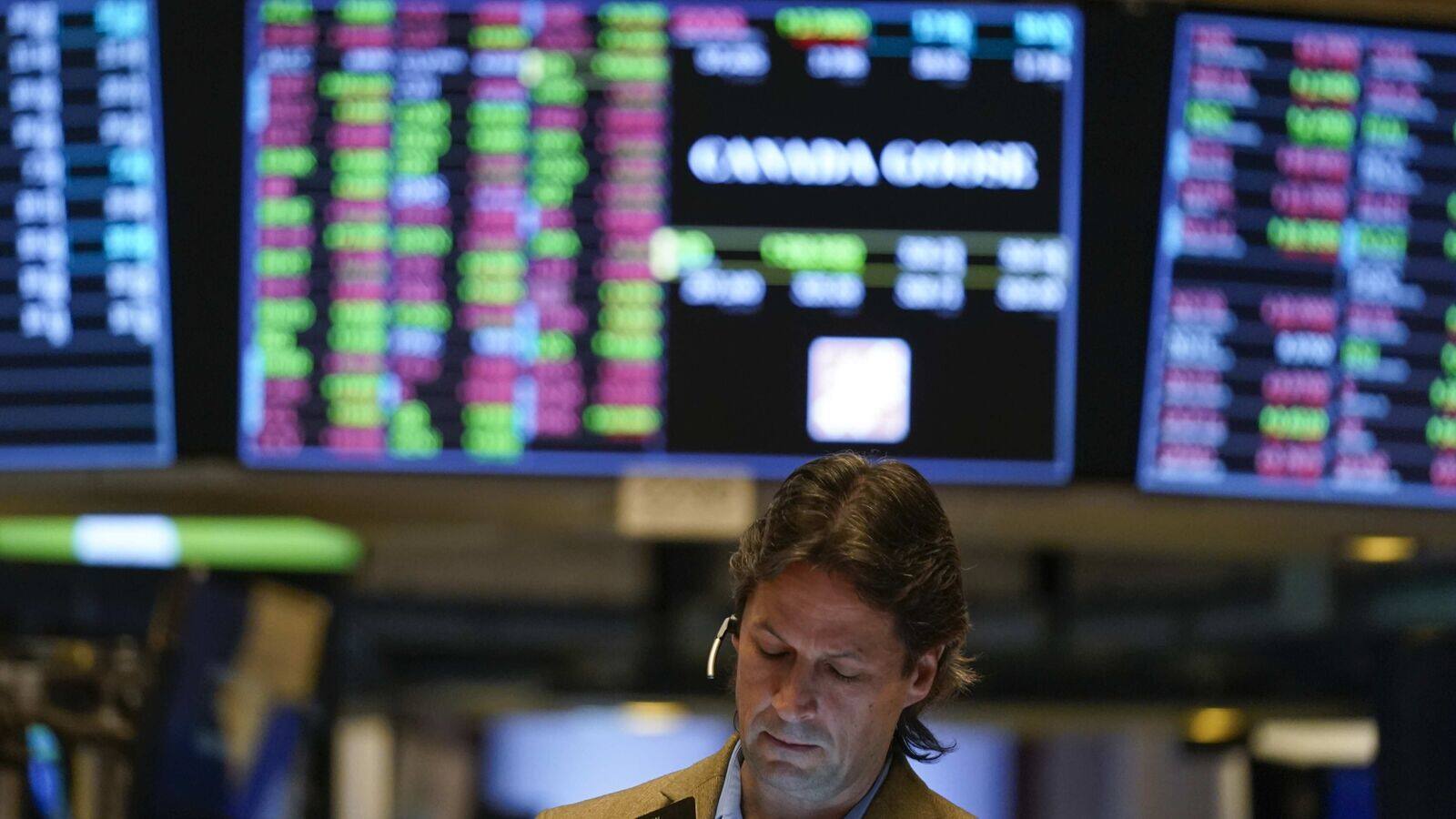In a tumultuous three months for both equities and bonds, U.S. stocks have recorded their first negative quarter of 2023. Investors are navigating the uncertain terrain of potentially prolonged high-interest rates, even as inflationary pressures show signs of abating.
On Friday, Wall Street’s benchmark S&P 500 index fell by 0.3 percent, capping a 3.7 percent decline since the end of June. This quarter marked the S&P 500’s first negative performance in 12 months. Meanwhile, the tech-heavy Nasdaq Composite experienced mixed fortunes, rising by 0.1 percent on Friday but ending the quarter with a significant 4.1 percent drop. This drop represents the Nasdaq Composite’s largest quarterly decline since the three months leading up to June 2022.
The market’s movements on Friday coincided with a notable decline in U.S. core personal consumption expenditures (PCE), which fell from 4.3 percent in July to 3.9 percent in August. This marks the lowest level in nearly two years for the closely monitored inflation gauge.
Carol Schleif, Chief Investment Officer at BMO Family Office, commented on the situation, saying, “Inflation is continuing to decelerate, meaning the Fed’s aggressive campaign is working.” However, Schleif noted the challenge lies in the fact that core PCE remains nearly double the Federal Reserve’s 2 percent target, prompting the Fed to maintain the possibility of another interest rate hike.
John Williams, President of the Fed’s New York branch, indicated on Friday that the central bank is approaching the peak level of its monetary tightening measures. He expects inflation to moderate to 2.5 percent in 2024. However, last week’s release of the Fed’s “dot plot” of interest rate estimates suggested fewer rate cuts in 2024 and 2025.
The yield on the benchmark 10-year U.S. Treasury, which had recently hit its highest level since 2007 and experienced its most significant monthly increase in a year, slipped to 4.58 percent on Friday. This drop followed yields at 4.09 percent at the end of August.
In tandem with financial market developments, attention is focused on Washington, where U.S. lawmakers are striving to reach an agreement to prevent a government shutdown. Such a shutdown could lead to the suspension of federal economic data publishing. Credit rating agency Moody’s has warned that a shutdown would jeopardize the country’s triple-A credit rating.
In Europe, yields on sovereign debt in the region decreased as investors welcomed data indicating a decline in the eurozone’s harmonized index of consumer prices from 5.2 percent in August to 4.3 percent in September. Core inflation, which excludes energy and food and is closely monitored by the European Central Bank, fell more than expected to 4.5 percent, down from 5.3 percent in August.
Italian 10-year government bond yields, which had surged to their highest level in a decade, fell by 0.17 percentage points to 4.75 percent. German 10-year bond yields also dropped by 0.14 percentage points to 2.82 percent, having reached a 10-year high in the previous trading session.
Despite expectations of slowing inflation, markets grapple with the prospect of sustained high-interest rates. Investors are also assessing the impact of surging oil prices, which have climbed 35 percent in the past two months due to reduced global output.
In the realm of Chinese tech stocks, a draft rule simplifying cross-border data transfers released by China’s top internet regulator had a significant impact. Hong Kong’s Hang Seng index surged by 2.5 percent, while the Hang Seng Tech index, tracking the top 30 technology companies, climbed by 3.8 percent.
Prominent internet companies such as Tencent and Alibaba saw gains of 3 percent and 1.5 percent, respectively, while electric vehicle start-up Xpeng recorded a substantial increase of 4.7 percent. It’s worth noting that trading was closed in mainland China due to a holiday.
As markets continue to navigate uncertainties surrounding rates, inflation, and global economic dynamics, investors remain vigilant, seeking cues for the path ahead.


